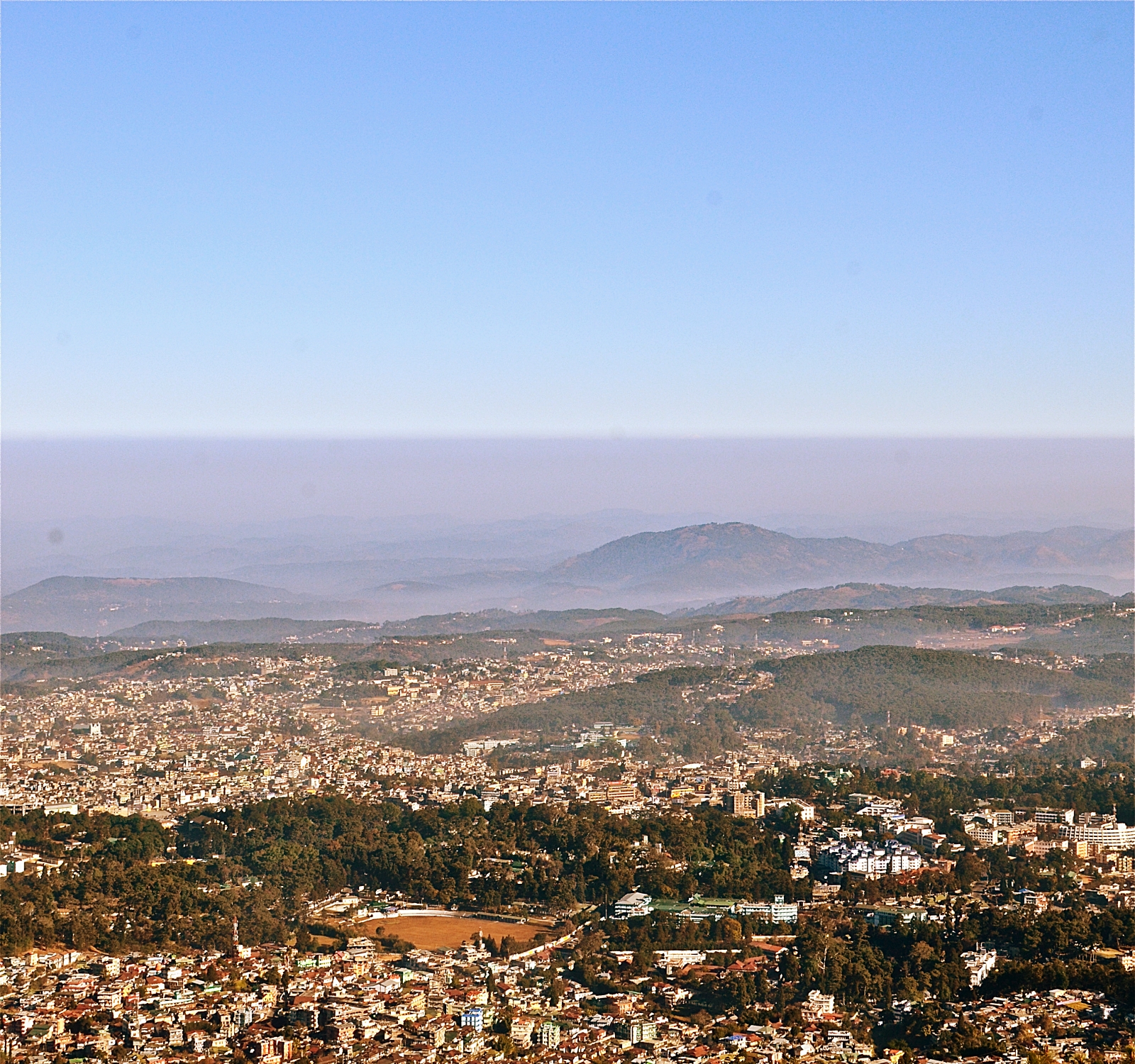Coffee Drinking Habits of People Around the World
Coffee has been a popular drink around the world for centuries. Whether it’s a morning pick-me-up or an afternoon indulgence, many of us can’t imagine life without it. In this post, we will explore the coffee-drinking habits of people around the world, focusing on the top 10 countries that consume the most coffee.

We will also discuss the environmental, economic, and health impacts of coffee consumption, as well as compare coffee-drinking habits to those of tea drinkers. Finally, we will provide strategies for promoting healthy coffee-drinking behaviours. So if you’re a fan of coffee and want to learn more about its place in global culture, this one is for you.
Table of Contents
Coffee Drinking Habits Around the World
Coffee is one of the most popular drinks around the world, with billions of people enjoying a cup of joe daily. Different countries have their unique coffee-drinking habits and preferences, and it is interesting to explore the various ways that people enjoy their coffee. From the French café culture of France to the espresso-based beverages of Italy, coffee is enjoyed in many different forms.
Additionally, while coffee is the most popular beverage in many countries, tea is still an important part of the culture in some places, particularly in Asia. Tea drinkers around the world enjoy the unique styles of tea that have been passed down through the centuries. By understanding the different coffee and tea drinking habits around the world, we can better appreciate the diversity and richness of our global community.
The Top 10 Countries with the Most Coffee Drinkers
Coffee is one of the world’s most popular beverages, and many countries have a significant number of coffee drinkers. According to research, the top 10 countries with the most coffee drinkers are Finland, Norway, Denmark, Iceland, Netherlands, Switzerland, Sweden, Belgium, Canada, and Austria. Coffee is deeply embedded in many cultures, and even though tea is also popular in some of these countries, coffee is still the beverage of choice for a majority of the population. Coffee is consumed in various forms, from simple black coffee to cappuccinos, lattes, and more. The popularity of coffee is likely to remain for years to come, given its popularity around the world.
Impact of Coffee Drinking on Global Health
The impacts of coffee drinking on global health have been extensively studied in recent years. Research has found that regular consumption of coffee can have both positive and negative effects on overall health. On the positive side, coffee has been linked to increased mental alertness, improved mood, and a reduced risk of certain diseases like Parkinson’s and Type 2 diabetes. On the other hand, there are potential health risks associated with excessive caffeine intake, such as increased blood pressure and insomnia.
Moreover, research has suggested that tea drinkers may experience different health benefits than coffee drinkers, such as reduced risk of certain cancers and improved cardiovascular health. It is clear that the impact of coffee drinking on global health is an important and complex topic, and further research is needed to fully understand its effects.
Comparison of Coffee and Tea Drinking Habits
Coffee and tea are two of the most popular beverages worldwide, and the habits of those who consume them vary greatly. Coffee drinkers tend to prefer hot, robust flavours and often add milk, cream, or other flavourings to enhance the taste. On the other hand, tea drinkers often prefer more subtle, aromatic varieties, and often enjoy their tea without any additions. While both beverages contain caffeine, tea drinkers may consume their drink for more than just the energy boost, but for the calming effects of the antioxidants and aromatics. The differences between the two drinks are vast, and the habits of those who consume them often reflect the unique characteristics of each.
Promoting Healthy Coffee Drinking Behaviours
Coffee is one of the most popular beverages consumed worldwide and is a major part of many people’s daily routines. However, it is important to drink coffee in moderation to promote healthy habits. To encourage healthy coffee-drinking behaviours, it is important to be aware of the potential risks associated with over-consumption and to educate people on the benefits of moderation.
Additionally, for those who are tea drinkers, there are strategies to promote healthy coffee-drinking behaviours, such as encouraging them to try coffee in moderation, substituting coffee for tea at certain times, or introducing them to coffee alternatives such as herbal teas. Ultimately, the goal is to develop a healthy relationship with coffee that still allows for the enjoyment of its flavour and aroma.
Types of Coffee Consumption
Coffee consumption is a popular habit among people around the world. There are a variety of ways to consume coffee, including drip, pour-over, French press, cold brew, and espresso. Drip coffee is the most popular, as it is easy to make and requires minimal effort. Pour-over coffee requires a filter and specific measurements of coffee grounds and water. French press brewing is a more involved method that requires a press and coarsely ground beans.
Cold brew is brewed by steeping grounds in cold water for 12-24 hours, resulting in a smooth and mellow flavour. Finally, espresso is made by forcing hot water through finely-ground beans at high pressure. While coffee is the most common type of beverage to drink, tea drinkers are also popular. Tea is generally brewed in hot water, and there are several types of tea, such as green, black, oolong, and herbal.
Coffee Culture in Different Countries
Coffee drinking is an integral part of many cultures around the world. Different countries have unique traditions and customs when it comes to coffee. In Italy, coffee is a social event; Italians take their coffee in cafes, often with friends and family. In Ethiopia, coffee ceremonies are held to celebrate special occasions, such as weddings, and the coffee is often served with traditional foods.
In Colombia, coffee is often served with panela, a traditional sugarcane-derived sweetener. In India, coffee is often consumed with snacks like biscuits, and in Japan, coffee is often served with a small dessert. While coffee is popular in many countries, some countries like China and India are mainly tea drinkers. Tea is often served with snacks like dim sum and tea cakes in China, while masala chai is a favourite in India.
Environmental Impact of Coffee Consumption
Coffee consumption has become increasingly popular around the world, with people of all ages and backgrounds enjoying the beverage to start their day or fuel their afternoon. However, few people consider the environmental impact that coffee consumption has. Coffee production requires large amounts of water, energy, and other resources, and can contribute to deforestation and soil erosion. Tea drinkers often have a lower environmental footprint than coffee drinkers, as tea production requires fewer resources. By making conscious choices about the type of coffee and coffee-making equipment we use, we can help reduce coffee’s environmental impact.
The Economics of Coffee Production and Consumption
The coffee industry is an important part of the global economy. Coffee production and consumption have a long history, and it is estimated that over 2.25 billion cups of coffee are consumed each day. The coffee industry is comprised of both large-scale global firms and small-scale producers and consumers. The production and consumption of coffee have had a positive impact on the global economy, providing jobs and economic opportunities in many countries.
While coffee is the preferred beverage of many, it is worth noting that tea drinkers also play an important role in the global economy. Tea consumption has been steadily increasing in recent years, with certain regions and countries having a higher rate of consumption. Tea drinkers are just as important to the global economy, and the industry provides opportunities for employment and economic growth.
Coffee Trends Around the World
Recent studies have shown that coffee consumption is on the rise around the globe. Coffee connoisseurs have been tracking the trends in different countries, noting where the biggest increases and decreases are in consumption. In the United States, for example, consumption has increased by 10 per cent over the last five years, making it one of the biggest consumers of coffee in the world. On the other hand, tea drinkers have decreased in countries such as Japan and South Korea as coffee consumption has become more popular. As the global population continues to drink more coffee, the trends will continue to change and develop, making it an exciting time to be a coffee lover.
Coffee drinking is a thriving global phenomenon with far-reaching impacts. From social and economic to health and environmental, the ways that coffee influences our lives are vast and varied. From the countries that consume the most coffee to the unique ways in which it is enjoyed, there is much to discover about the beloved beverage. Whether you’re a lifelong coffee drinker or just getting into the habit, this article has hopefully shed some light on the fascinating global coffee culture.



